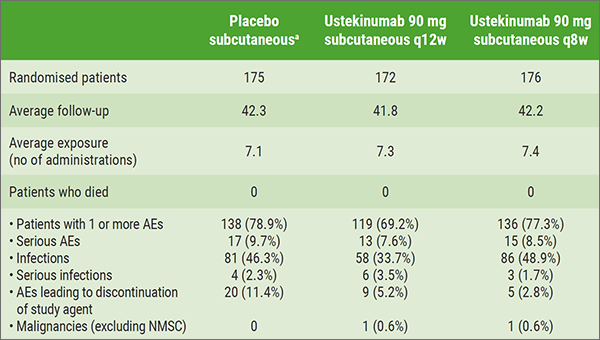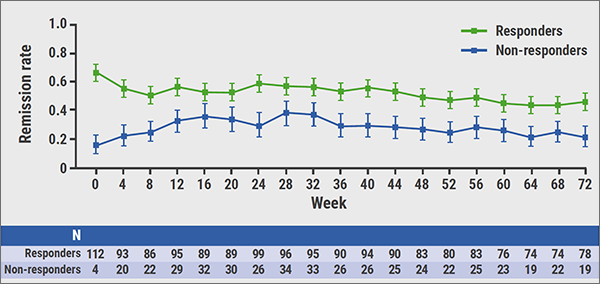Ulcerative colitis patients exhibit a deficiency in branched glycosylation in intestinal T cells, which is reflective of disease severity. The Portuguese group tested the impact of specific glycans as immunomodulatory agents in vitro, ex vivo, and in preclinical mouse models of IBD, after which they performed clinical validation in human samples. Metabolic supplementation of ex vivo mucosal T cells from active ulcerative colitis patients with GlcNAc resulted in enhancement of branched N-glycosylation in the T cell receptor (TCR), leading to suppression of T cell growth, inhibition of the Th1/Th17 immune response, and controlled T cell activity. Mouse models displaying a deficiency in the branched N-glycosylation pathway (MGAT5−/−, MGAT5+/−) exhibited increased susceptibility to severe forms of colitis and early-onset disease. The treatment of these mice with glycan N-acetylglucosamine (GlcNAc) significantly reduced disease severity and suppressed disease progression; this was due to a controlled T cell-mediated immune response at the intestinal mucosa. Furthermore, the levels of expression of branched N-glycans analysed in colonic biopsies of ulcerative colitis patients close to diagnosis were found to predict failure to standard therapy.
- Dias A. ECCO 2019, OP04.
Posted on
Previous Article
« Reduction in coronary artery disease in psoriasis patients treated with biologic therapies Next Article
Relapse after withdrawal of thiopurines »
« Reduction in coronary artery disease in psoriasis patients treated with biologic therapies Next Article
Relapse after withdrawal of thiopurines »
Table of Contents: ECCO 2019
Featured articles
Interview with Prof. Janneke van der Woude
New Compounds: Study Results
Short-term and Long-term Treatment Results
The right drug for the right patient
Vedolizumab superior to adalimumab in ulcerative colitis
Complementary and Alternative Medicine
Crohn’s disease exclusion diet + partial enteral nutrition in paediatric Crohn’s disease
Microbial composition and psychological wellbeing
Remission
Early remission of Crohn’s disease prevents progression
Proactive adalimumab trough measurements
Observational Studies
IBD risk of treatment with IL-17 antagonists
Basic and Preclinical Research
Immune cells and microbes: a happy marriage?
Genetics
Related Articles


May 9, 2019
OPERA II study: MAdCAM-1 antibody SHP647
May 9, 2019
Topical review
© 2024 Medicom Medical Publishers. All rights reserved. Terms and Conditions | Privacy Policy

